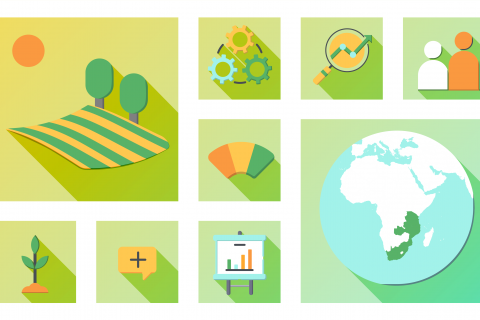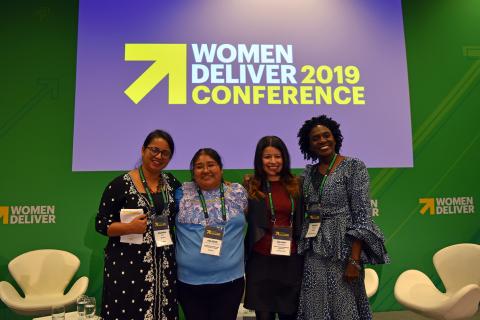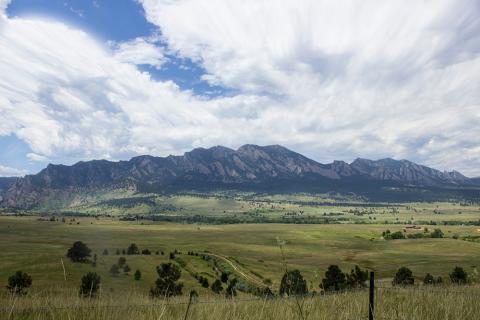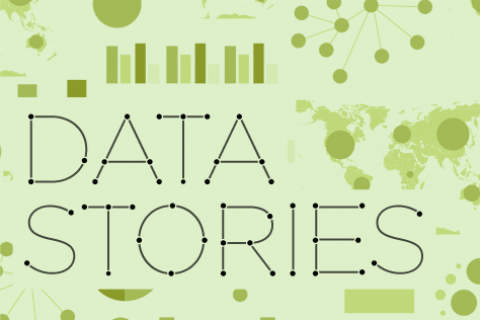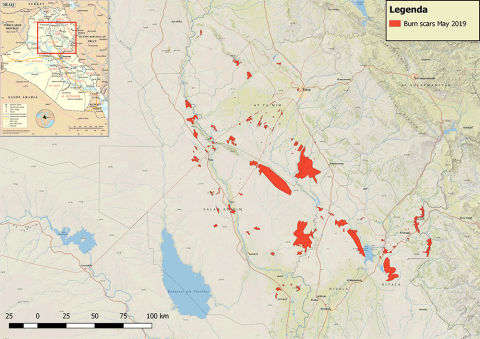Discover hidden stories and unheard voices on land governance issues from around the world. This is where the Land Portal community shares activities, experiences, challenges and successes.
 Follow our
Follow our
Sustainable Development Goals
Blog Series!
Interested in land corruption?
Follow our Land & Corruption Blog Series
for in-depth perspectives from the experts.
Issues
Geographical focus
Our sugar is made from sugarcane. And sugarcane is not planted in trees or in the air, it’s planted in the ground, in the soil, on land. It’s the bedrock of our investment.
—Illovo Land Champion
Indigenous and local community women play crucial roles as household and forest managers, food providers, and leaders of rural enterprises—and make invaluable contributions toward global sustainable development and climate goals. The evidence is clear that securing their rights to community lands offers a promising path toward prosperity and sustainability in the forested and rural areas of the world. Yet these rights remain constrained by unjust laws and practices, and the voices of these women are consistently underrepresented in decision-making processes at all levels.
In recent years, numerous companies have made commitments to better recognize and respect land rights throughout their supply chains. Although making such commitments is a critical first step towards achieving more responsible investments, many companies still struggle with how to practically implement those commitments.
On 27-30 May 2019 around 200 actors engaged in talks to initiate and reinforce guidelines and actions on sustainable soil management and land governance at the World Agroforestry headquarters in Nairobi, Kenya.
“Soil is a universal element for survival,” says Alice Kaudia, Founder and Executive Director, Eco-Entrepreneurs. Kaudia alongside Alexander Mueller, Managing Director, Think Tank for Sustainability (TMG) moderated plenary sessions during the 2019 Global Soil Week.
In the climate and development arenas, the most current alarm being sounded is for rights –securing the land rights and freedoms of Indigenous peoples, local communities and the marginalized members therein. How can these custodians of a quarter of the world’s terrestrial surface be expected to care for their traditional lands if the lands don’t, in fact, belong to them? Or, worse, if they’re criminalized and endangered for doing so?
At this year' Global Landscape Forum (GLF 2019), one message was loud and clear: diversity is key to restoration and sustainable landscape management, more specifically the emphasis on a variety of viewpoints and stories, is what will help us reach our goals!
We are excited to announce that Dr. Margaret Rugadya, Ph.D. is joining the Resource Equity team. Dr Rugadya comes to us from the Ford Foundation, and we are thrilled to welcome her.
“Margaret brings a wealth of knowledge and experience with her. As a researcher, she will contribute a new perspective to Resource Equity.” – Renée Giovarelli
In the past decade, significant international attention focused on “land grabs” in developing countries by companies and others hungry for land to grow food and procure resources for the world’s growing population.
The ‘age of ignorance’
For a long time land governance, land tenure and land rights remained in the ‘age of ignorance’. We have known for some time that land governance is a key ingredient for social, economic and environmental development; what was missing, however, was the data. With the little information available to us at the time, we set priorities and crafted interventions for our course of work. Relying on a few rough figures meant that we were often repeating mantras and slogans based on loose, rather than on hard and reliable facts. Most notable among these was the often repeated and now widely disputed, “women own 2% of the world’s land”.
Earlier this year, in honor of International Open Data Day, which took place on March 2nd, we put out a call, asking Land Portal users and any and all interested to submit their very own data stories to the Land Portal. What we were looking for were stories that were unique and original, and that presented data in innovative and engaging ways. We realized that this was no easy feat, but each and every one of the submissions we received made inventive use of photos, quotes, maps and infographics to tell compelling stories. In the end, the be
June 3, 2019
Read the original blog here.
In early May 2019, it was reported that agricultural areas of central and northern Iraq were being set ablaze — allegedly by remaining pockets of fighters from the so-called Islamic State.

